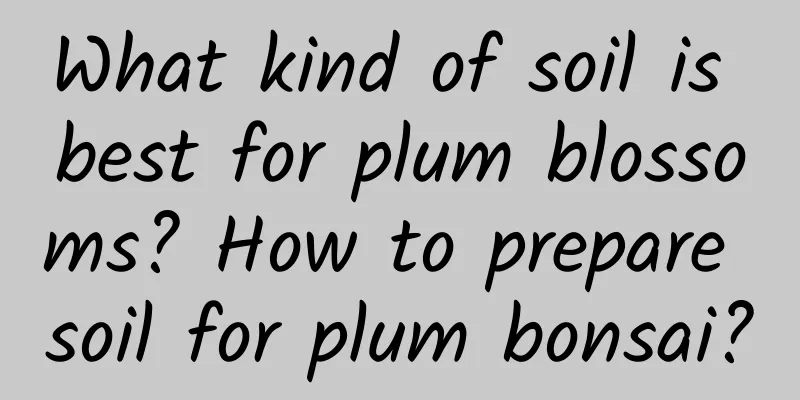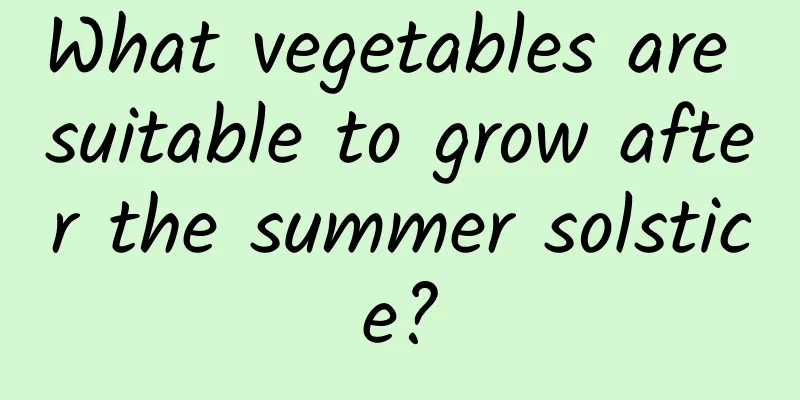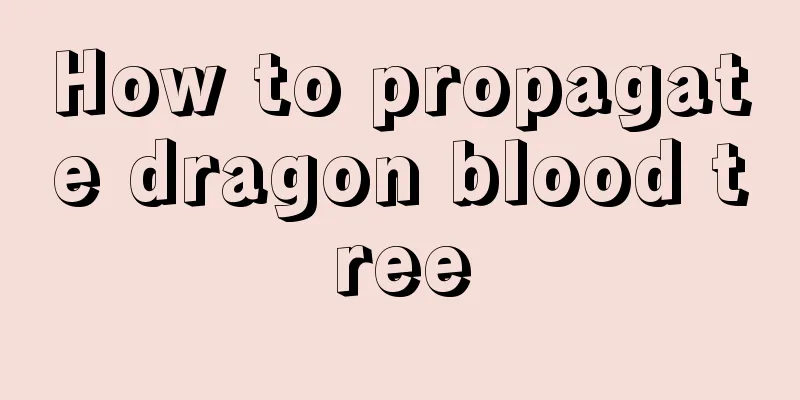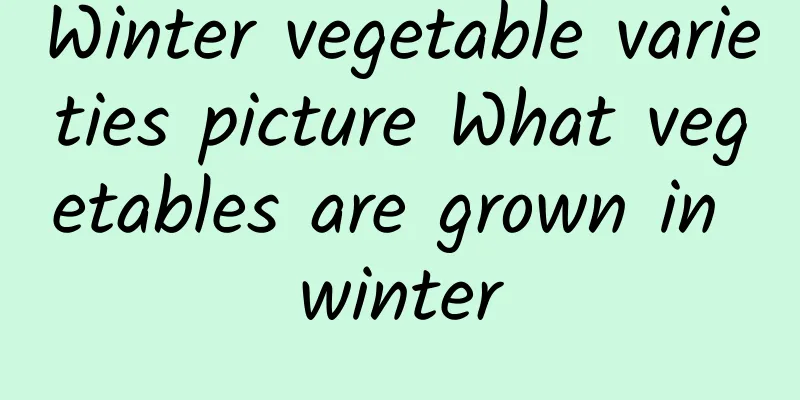What kind of soil is best for plum blossoms? How to prepare soil for plum bonsai?

|
Plum blossoms have strong adaptability to soil and are not strict about soil acidity and fertility. They only require the soil to be loose and breathable. Alkaline soil and heavy clay soil are not suitable. Potted plum blossoms also require fertile soil, preferably not peat soil. Here is a soil preparation method for plum blossoms. Soil requirements for plum blossom cultivation1. Selection of planting materials Plum blossoms are tolerant to barrenness, so the soil must be loose and breathable. The soil can be mixed with vermiculite and perlite to increase the looseness and breathability, as well as crushed coal slag and volcanic rock with good drainage. Because the soil in the potting environment is limited and has poorer stability, potted plum blossoms are less adaptable to the soil than those planted in the ground. It is necessary to choose the soil preparation plan based on the growth habits and plant conditions. Generally, plum blossoms are suitable for planting in fertile soil with good drainage . It is most suitable to use slightly acidic loam containing more particulate matter, so humus-rich garden soil, compost soil or leaf mold should also be added to the substrate. 2. Unsuitable planting materials The water in peat soil evaporates slowly in summer, and plum blossoms are not tolerant to waterlogging, which can easily cause leaves to fall and root rot. Therefore, peat soil cannot be used , and the substrate cannot contain planting materials such as pine needles that are easy to ferment and rot . If you use leaf humus, the humus will decompose in the rainy season, causing the temperature of the potting soil to be high and damaging the roots. Therefore, it is not suitable to use leaf humus, nor is it suitable to use soil with strong alkalinity or high clay content. What soil is best for plum blossom potting?1. Ordinary soil Potted plum blossoms require soil with high fertility. If you want to use leaf mold, you must mix it with other planting materials. You can add compost soil and river sand to the leaf mold in a ratio of 2:2:1. You can also mix leaf mold with coarse river sand, garden soil and decomposed base fertilizer. 2. Soil for cuttings The soil suitable for the cutting bed is a mixture of garden soil and compost soil in a 1:1 ratio, with 1/5 of the pot volume of sawdust placed at the bottom of the pot. A mixture of pond mud and rice husk ash can also be used to cultivate plants. 3. Soil for potting or repotting When potting or repotting, the soil must be disinfected and sterilized, and sufficient basal fertilizer must be applied. Generally, organic fertilizer such as livestock manure can be used, and well-rotted cow dung can be used. The soil preparation plan is 5:2:2:1 loam, sandy soil, humus soil and organic fertilizer. 4. Soil for transplantation If you want to transplant dug plum blossom stumps or mature stumps, you need to prune the branches and trim the roots before potting them. You can bury the roots with yellow sand first, and then use a mixture of loess and honeycomb coal slag as the planting medium after the wounds on the plum stump heal. |
<<: What is the difference between the dragon god tree and the celestial ruler?
>>: How much is the profit per acre of pecans? How much is the income per acre of pecans?
Recommend
Yellow coconut cultivation methods and precautions
1. Soil It is best to use loose, deep, acidic soi...
How to water potted kumquat
Pot size Watering is a delicate job, and even the...
What is zucchini?
What is zucchini? Zucchini is a fruit that grows ...
How long can yacon be stored and how to preserve it for a long time
1. How long can it be stored? How long it can be ...
How many years does Moringa bear fruit?
Introduction to Planting Moringa The minimum temp...
The main species of bird's nest fern
Common species of bird's nest fern Bird's...
How many days does it take for radish to germinate? How many days does it take for radish to germinate after sowing?
How long does it take for radish to sprout? Gener...
Is the hyacinthus poisonous? Can it be kept at home?
Is the ruler poisonous? The rhododendron chinense...
How to cultivate Brazilian wood
Farming methods soil The rubber tree likes a warm...
How to fertilize radish?
Radish is a crop that requires a lot of fertilize...
Pumpkin Growth Environmental Conditions and Characteristics
Pumpkin growing environment conditions and requir...
When does the iris flower bloom?
Flowering period of iris The hibiscus is a plant ...
When is the best time to repot hibiscus?
Time to repot hibiscus Hibiscus needs to be repot...
How to propagate Begonia by cuttings
Cutting time The time for cutting propagation of ...
What fertilizer is best for ivy?
Ivy fertilization time It is best to fertilize iv...









